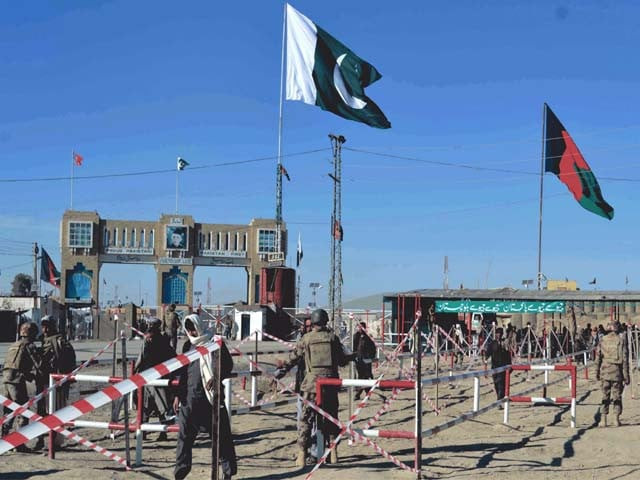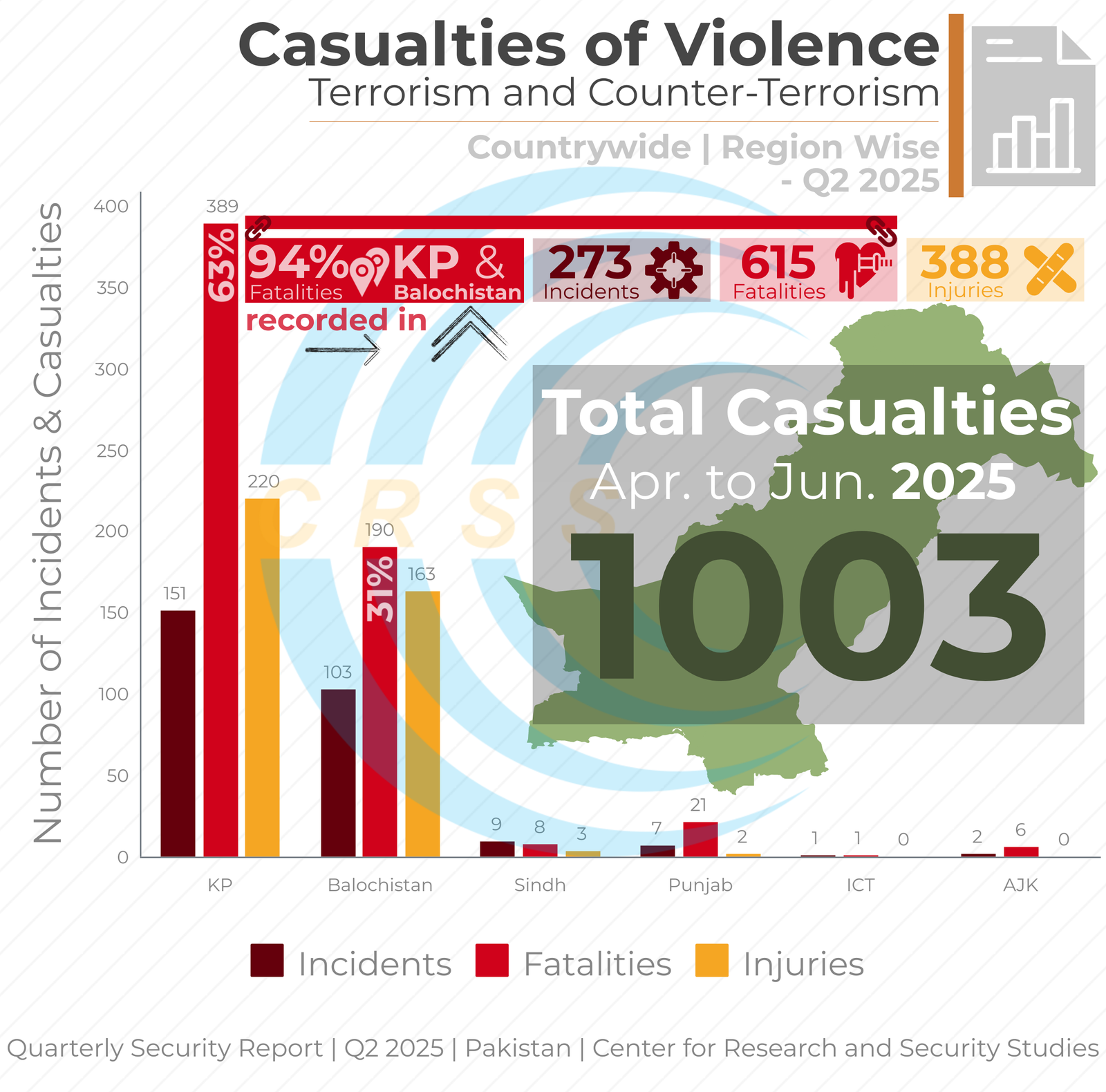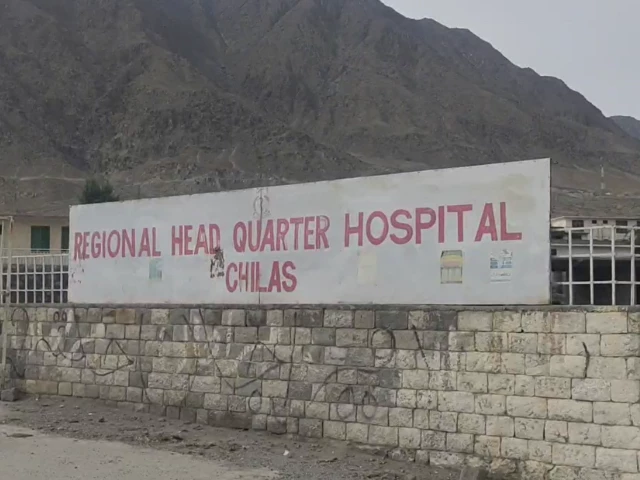Renewed Tensions Between Afghanistan and Pakistan: A Deep Dive
In recent days, we’ve seen a fresh wave of tension between Afghanistan and Pakistan, marking a complicated chapter in their ongoing relationship. On Thursday, Afghanistan summoned Pakistan’s ambassador in Kabul to address a formal protest concerning alleged military strikes by Pakistan in Nangarhar and Khost provinces. This isn’t just a casual diplomatic spat; it’s a serious issue that highlights the fragile state of their bilateral ties.
Afghan officials claimed these reported strikes resulted in the tragic deaths of three civilians and left seven others injured. The Afghan Foreign Ministry condemned the actions, labeling them as violations of their airspace and an infringement on their territorial integrity. They even went so far as to describe these strikes as a "blatant breach," warning that such "irresponsible actions" would have consequences for Pakistan.
In Nangarhar, two drone strikes reportedly targeted a civilian home, bringing the local deputy governor, Maulvi Azizullah Mustafa, into the conversation. He emphasized that Afghanistan desires peace, stability, and good relations. However, actions like these threaten the broader regional stability they strive for.
These tensions come amidst a backdrop of heightened attacks, particularly as Pakistan continues to express concerns over the Afghan Taliban allegedly providing a safe haven for the Tehreek-e-Taliban Pakistan (TTP). With sporadic cross-border strikes from Pakistan targeting militant hideouts, diplomatic relations are further strained. Despite recent high-level exchanges between both nations aimed at resolving existing issues, substantial progress remains elusive.
In fact, Foreign Minister Ishaq Dar of Pakistan recently visited Kabul for discussions involving China and Afghanistan. While he raised concerns about the TTP’s safe havens, it appears that hopes for a breakthrough may be dimming. The Afghan Foreign Minister was set to visit Islamabad as well, but that was postponed due to travel exemptions issues raised by the US.
The climate continues to grow increasingly tense, especially after Pakistan closed several key border crossings earlier this year in response to escalating attacks. Consequently, Afghanistan retaliated with its own restrictions on trade and movement.
With ongoing dialogue and attempts to sort out these intricate issues, it’s clear that the relationship requires sustained effort on both sides. Only time will tell if both nations can move beyond these tensions and find a more productive path forward.
As the situation unfolds, staying informed about these developments can help us better understand the broader implications for regional stability. For those interested in exploring peacebuilding initiatives and conflict resolution, resources like Pro21st offer valuable insights and connections.
At Pro21st, we believe in sharing updates that matter.
Stay connected for more real conversations, fresh insights, and 21st-century perspectives.





